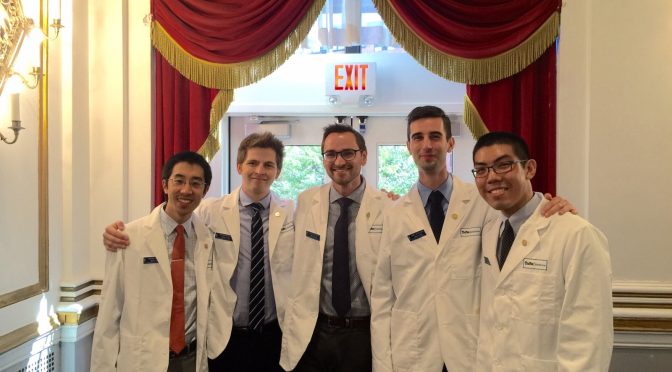Humans of Tufts Boston, 13 February 2020
Uri Bulow, Microbiology, Third-year Ph.D. Student (Fifth-year M.D./Ph.D.): “Archaea Don’t Get Enough Love”
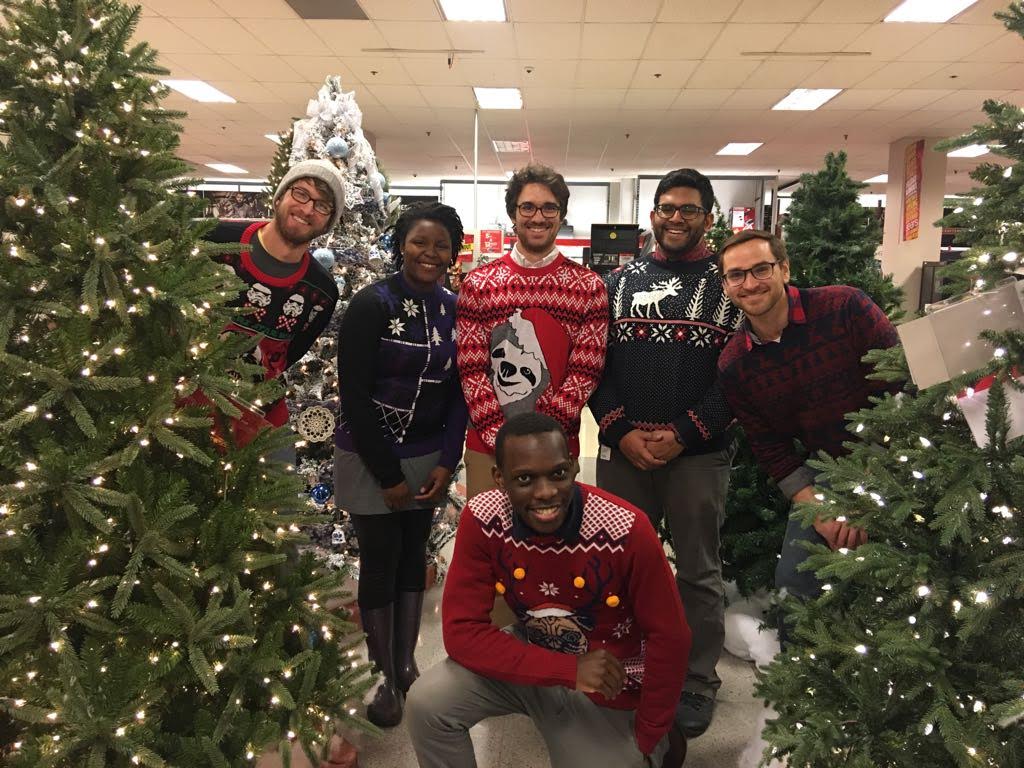
JH: Thank you so much for taking the time to answer some questions! So what were you doing before graduate school?
UB: I worked as a tech in a lab in Boulder for two years after finishing my degree in molecular biology. I was in a molecular cardiology lab, but I ended up working on a transduction system and found out that I enjoyed thinking about viruses more than myosin. I also loved the microbiology classes I took (thank you, Norman Pace and Shelley Copley), so when I came to Tufts I decided to join the microbiology department. Now I work on Lassa virus, which is a hemorrhagic fever virus. Hemorrhagic fever viruses (like Lassa or Ebola) are characterized by high fevers, multi-system organ failure, and hemorrhaging from mucous membranes (though this is less common than the name would suggest). I really enjoy being able to study such a simple and elegant system. Lassa only has 4 genes, any organism with more than that is just showing off!
JH: Getting an MD/PhD requires a great deal of dedication and time. Why did you go for an MD/PhD, and did you decide you wanted to go into medicine or science first?
UB: I always knew I wanted to be a scientist, and I figured that if a PhD takes 6 years and an MD/PhD takes 8, I might as well throw in the free MD since it would be interesting and it’s only an additional 2 years. At the time I didn’t really know what residency was, or that MD training doesn’t end when you graduate. Oops. Since starting this program I’ve discovered that I actually enjoy medicine, and making a career of both science and medicine sounds pretty ideal to me.
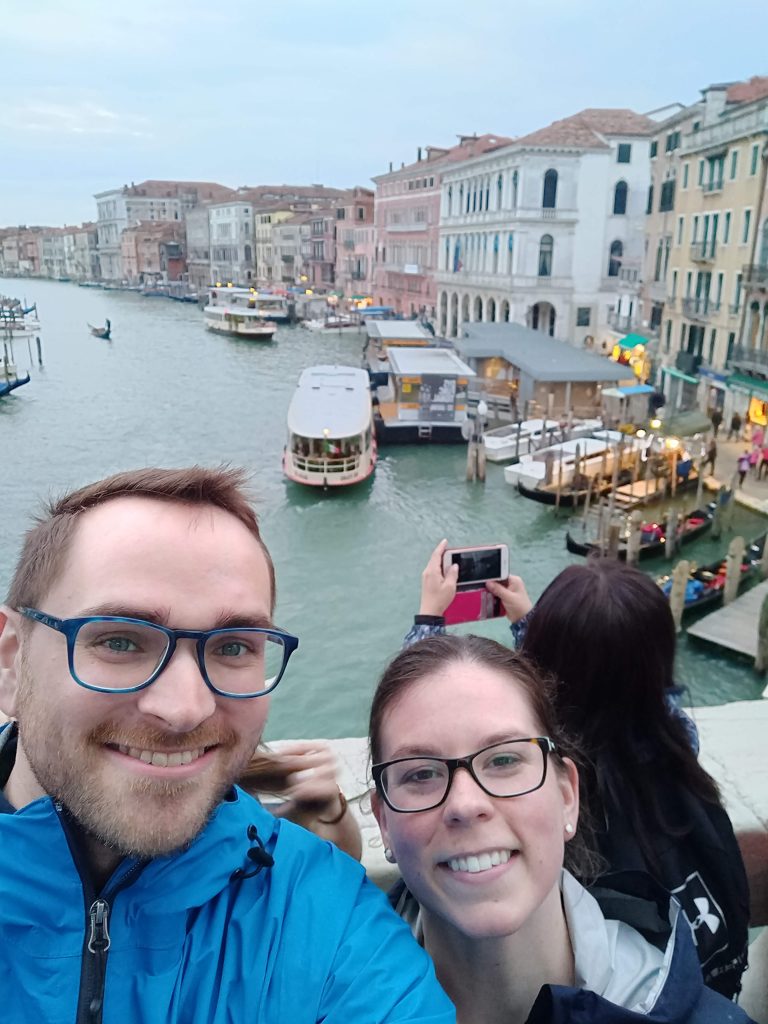
JH: Are there any major controversies in your field right now? What are they, and what are your thoughts?
UB: I know that this doesn’t need to be said to any GSBS students, but people need to get over this antivaxxer nonsense that’s threatening the health of our country. Vaccines are arguably the single greatest healthcare achievement we have ever made as a species, and watching them get dismissed by parents who would rather use essential oils and spells to ward off evil spirits is incredibly frustrating. The CDC actually estimates that 2.5 million lives are saved every year due to vaccination.*
JH: Is there anything you think is under-appreciated in microbiology (or medicine, if you prefer) as a whole?
UB: I think that archaea don’t get enough love. They’re a whole separate domain of life, comparable to bacteria or eukaryotes, and we know so little about those adorable little weirdos. Did you know that their plasma membranes aren’t bilayers, and that they use ether-linked lipids instead of ester-linked lipids? They live in every known biome on Earth, even inside our own GI tract, yet we know so little about them. What are they up to?
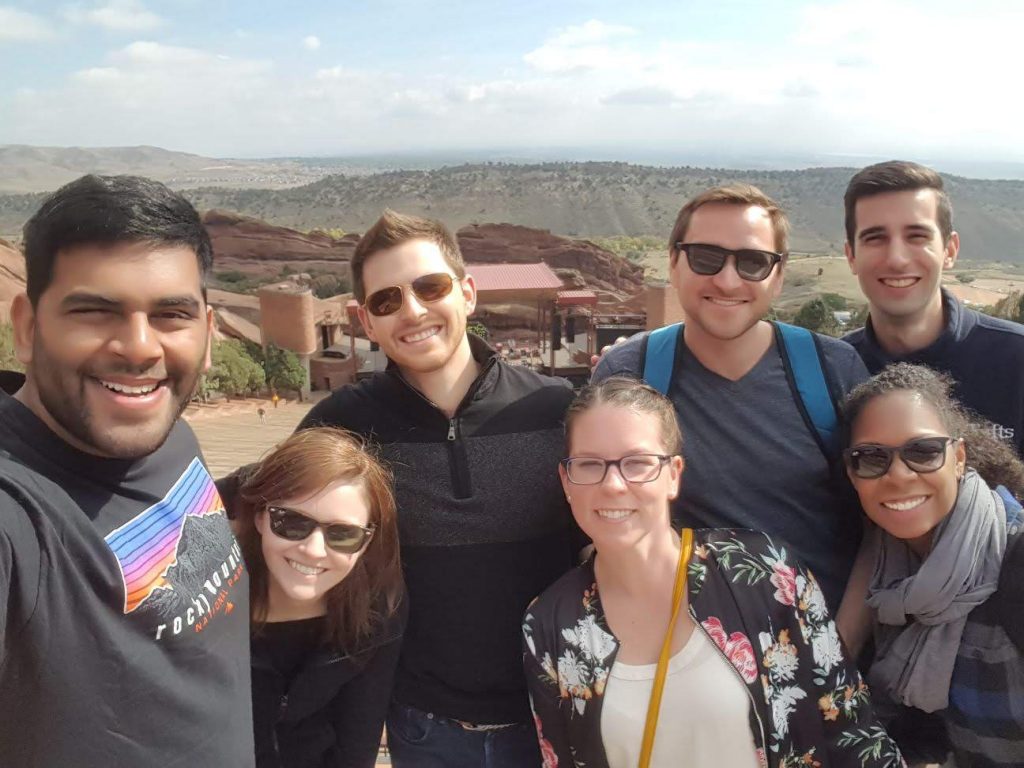
JH: What do you like to do outside of lab?
UB: Lately I’ve been really enjoying the Berklee student concerts. They’re super cheap and those kids are super talented. Shout-out to Mike Thorsen for introducing me to them. My favorite thing to do is to experiment in the kitchen. I recently dry-aged a beef striploin for 90 days, made my own lox, smoked some cheese, and I’m currently making pineapple vinegar. I also really enjoy marathoning the Lord of the Rings with friends, photoshopping my PI’s face into funny pictures, growing super-hot peppers, and canceling plans so I can stay home and read.
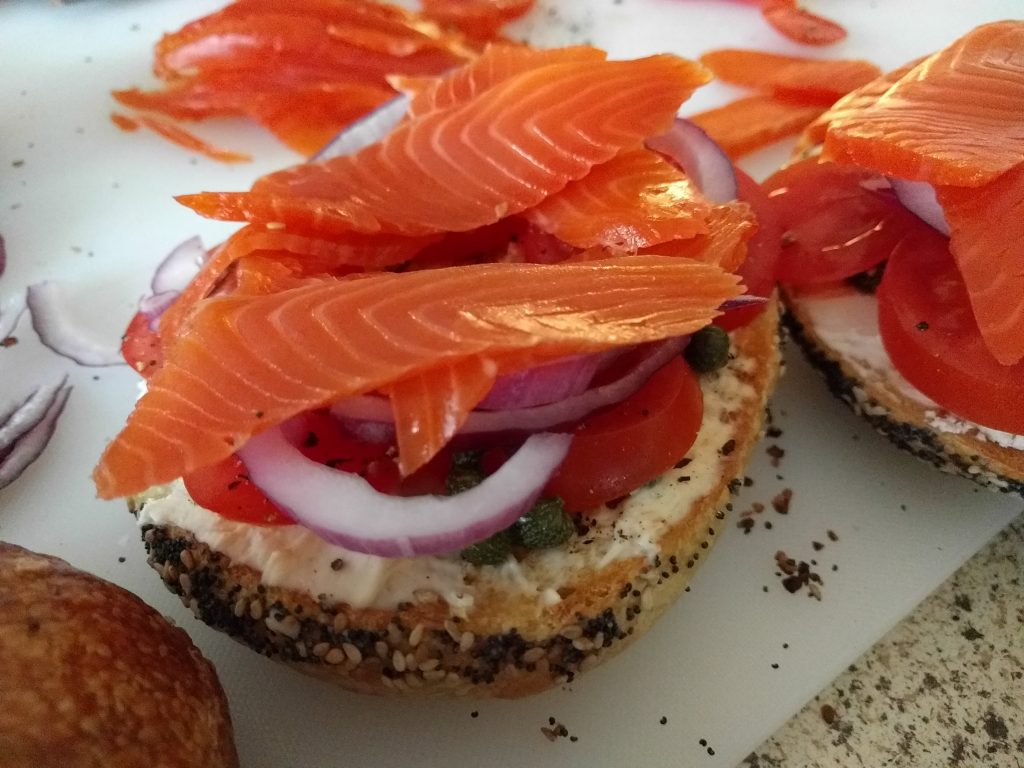
*Uri kindly provided this further evidence for the benefits of vaccines from an economic standpoint: “A recent economic analysis of 10 vaccines for 94 low- and middle-income countries estimated that an investment of $34 billion for the immunization programs resulted in savings of $586 billion in reducing costs of illness and $1.53 trillion when broader economic benefits were included.” Orenstein and Ahmed. Proc Natl Acad Sci U S A. 2017 Apr 18. 114(16):4031-4033.

